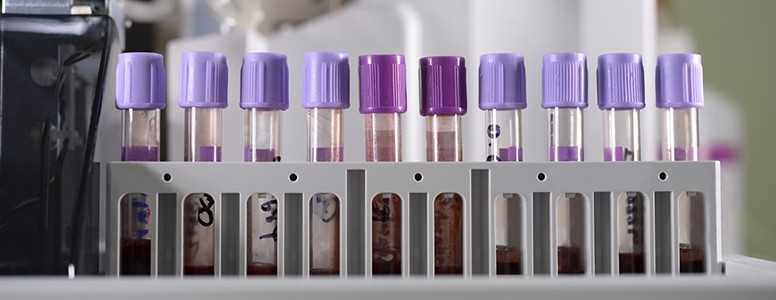A new staging approach has been developed for the preclinical staging of type 1 diabetes by the Juvenile Diabetes Research Foundation (JDRF) and the American Diabetes Association (ADA).
A joint statement from the JRDF and the ADA, published in the October issue of Diabetes Care, revealed this classification approach reflects the progressive process leading up to type 1 diabetes.
JDRF chief scientific officer Richard A Insel, MD, and colleagues wrote: “The staging approach will provide a framework to help inform benefit/risk evaluation in the regulatory, reimbursement, and clinical-care settings.
“{The model} will aid the development of therapies and the design of clinical trials to prevent symptomatic disease and promote precision medicine.”
The new staging approach
The three asymptomatic stages of type 1 diabetes are:
Stage 1: When individuals develop two or more type 1 diabetes-associated islet autoantibodies, but are normoglycemic (when there is a normal amount of glucose in the blood)
Stage 2: Include individuals with two or more islet autoantibodies, in additional to the development of glucose intolerance through the loss of functional beta cells
Stage 3: Symptomatic of type 1 diabetes. The individuals manifests the typical symptoms of type 1 diabetes, which could include polyuria, weight loss or diabetic ketoacidosis
Dr Insel and colleagues added that presently, the clinical use of this model is not advocated. “Risk screening and staging as outlined here are not recommended at this time for clinical practice in the absence of cost-effective screening, staging, and effective interventions that delay progression to symptomatic type 1 diabetes,” Insel said.
The researchers added, though, that: “This classification system, which will be continuously refined with the development of novel stage-specific biomarkers, provides a new taxonomy of type 1 diabetes and a framework for clinical trial desig, benefit/risk decisions around interventions, and, ultimately, the practice of precision medicine to prevent symptomatic type 1 diabetes.”
What's new on the forum? ⭐️
Get our free newsletters
Stay up to date with the latest news, research and breakthroughs.




